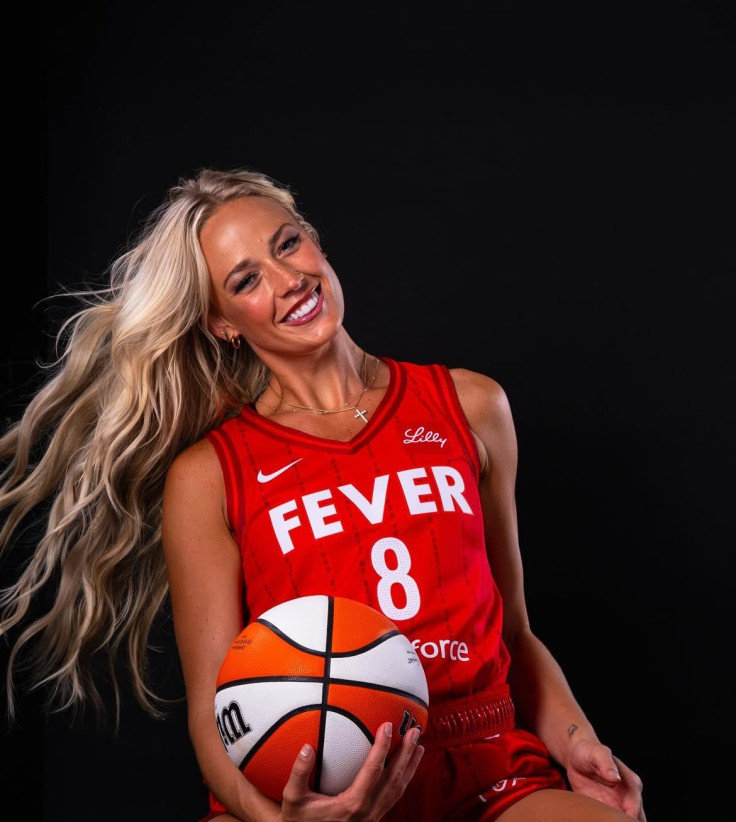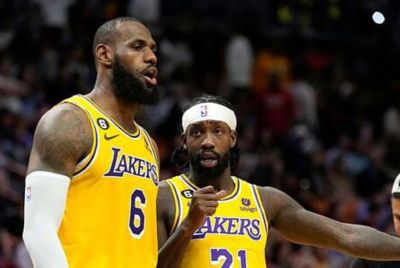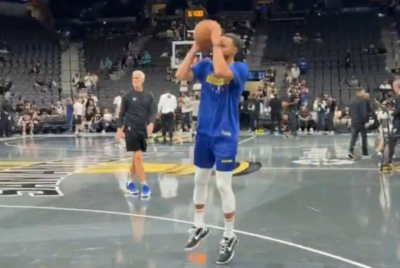Sophie Cunningham Responds to Backlash Over Comments on WNBA Expansion in Cleveland and Detroit
Cunningham questions WNBA cities Detroit and Cleveland, sparking fierce debate on player preferences

Indiana Fever's Sophie Cunningham questioned the WNBA's decision to expand to Cleveland and Detroit. The backlash that followed has raised key questions about player preferences, city reputation and league strategy.
On 30 June 2025, during a media session ahead of the Commissioner's Cup final, Indiana Fever guard Sophie Cunningham sparked controversy with a single remark.
'I don't know how excited people are to be going to Detroit or Cleveland', she said, adding that cities such as Miami, Nashville and Kansas City would be more appealing to players.
Her comments came as the WNBA confirmed it would expand from 12 to 18 teams by 2030. This includes Portland and Toronto in 2026, Cleveland and Philadelphia in 2028 and 2029 respectively, and Detroit in 2030.
What Cunningham may have meant as an offhand comment quickly drew criticism across social media and national coverage.
Detroit and Cleveland Defend Their Legacy
Detroit and Cleveland responded swiftly and publicly.
Detroit's official WNBA account posted:
'Detroit is a sports town. We're sure we'll see the same excitement for the WNBA returning'.
Fans and media were quick to point out that Detroit's former WNBA team, the Detroit Shock, won three championships in 2003, 2006 and 2008. At its peak, the franchise attracted over 9,000 spectators per game, well above league average.
Cleveland also stepped in, citing the city's historical importance. The Cleveland Rockers, one of the WNBA's original eight teams, helped lay the foundation for the league in 1997.
The backlash intensified when Cleveland shared a clip of Fever star Caitlin Clark praising the city during the 2024 NCAA Final Four, captioned: 'Sophie, your teammate doesn't seem to think Cleveland is too bad'.
Cunningham Responds: 'It's About Lifestyle, Not Disrespect'
Facing increasing criticism, Cunningham offered clarification. She denied any intention to insult cities or fans, instead saying her remarks reflected lifestyle considerations.
'I would never speak down upon middle-class, blue-collar working people. That's where I'm from', she explained.
'All I was really getting at is Broadway, beaches, fun... Sophie in Miami sounds fun', said Cunningham in a People interview.
Her explanation added context: players today are not only considering the competitive environment but also off-court life, weather, culture and support networks.
Sophie Cunningham on the WNBA adding expansion teams in cities like Cleveland and Detroit: "I don't know how excited people are to be going to Detroit or Cleveland" 🤔
She says she'd prefer places like Nashville, Toronto, Portland or even Miami pic.twitter.com/BQibLHoUdc
— Yahoo Sports (@YahooSports) July 1, 2025
What Matters More in WNBA Expansion? Tradition or Lifestyle?
Though controversial, Cunningham's remarks tapped into a broader debate. Should WNBA expansion be driven by legacy and infrastructure, or by what players want?
According to a 2023 WNBPA survey, more than half of players said they would prioritise 'quality of life' over market size when choosing where to play. This includes:
- Milder climates for year-round training
- Vibrant local culture and nightlife
- Lower cost of living and housing support
- Proximity to family and off-season opportunities
In contrast, the league's expansion criteria have focused on financial viability and long-term fan engagement. WNBA Commissioner Cathy Engelbert stated that the league is targeting cities with strong investor appetite and fan data.
Why the Debate Matters Now
The total cost of the WNBA's expansion, across franchise fees, marketing and logistics, is expected to exceed £62 million ($80 million). For such investments to succeed, both local enthusiasm and player satisfaction are crucial.
Cunningham's words may have been poorly timed, but they reflect a new era in professional sport, where players are increasingly vocal, visible and concerned with their full experience as athletes.
As the WNBA continues its ambitious growth plan, finding the balance between tradition and player-centred expansion may prove essential to the league's future.
© Copyright IBTimes 2025. All rights reserved.





















